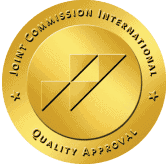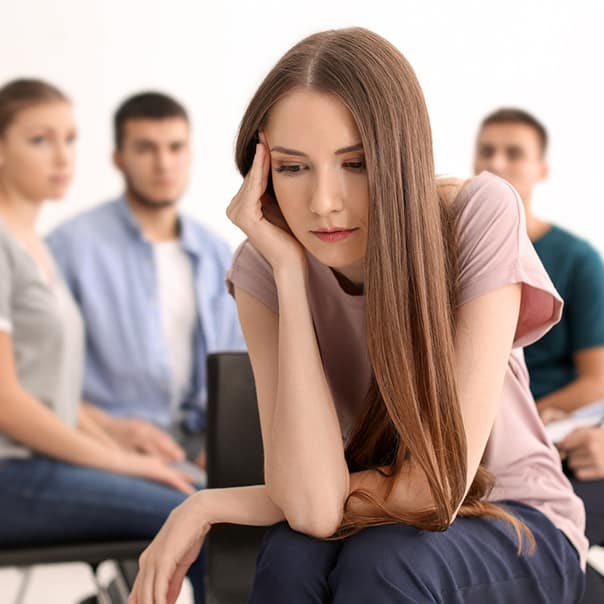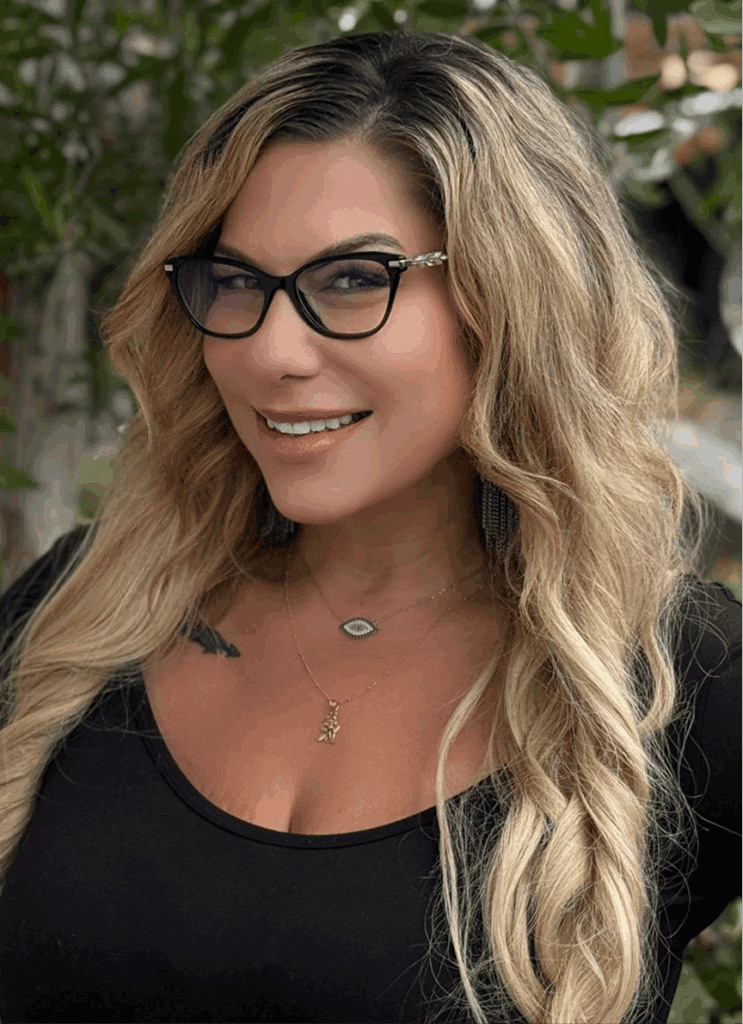Are you ready to break free from the isolation of addiction? You deserve compassionate, effective treatment that connects you with others who understand your journey. Group therapy provides the supportive community you need to build lasting recovery.
What are the signs you need group therapy for addiction?
You may be experiencing challenges that indicate group therapy could transform your recovery journey. Recognizing these signs helps you understand when professional support becomes essential for healing.
- You feel isolated and alone in your struggle with substance use
- You have difficulty opening up to friends or family about your addiction
- You keep relapsing even though you want to stay sober
- You struggle with shame and guilt about your past behaviors
- You find it hard to relate to people who haven’t experienced addiction
- You lack accountability in your recovery efforts
- You feel stuck in negative thought patterns
- You have trouble managing emotions without substances
- You experience social anxiety or difficulty connecting with others
- You need structure and support to maintain sobriety
- You want to learn from others who have succeeded in recovery
- You feel hopeless about your ability to change
When does isolation become a crisis requiring immediate help?
Your addiction may have reached a critical point where professional intervention becomes necessary. Treatment centers recognize these warning signs that indicate you need immediate support through group therapy programs.
- You’re experiencing suicidal thoughts or self-harm urges
- You’ve overdosed or had close calls with dangerous substance use
- You’re completely withdrawn from all social connections
- You’ve lost your job, home, or important relationships due to addiction
- You’re engaging in risky behaviors that endanger yourself or others
- You experience severe depression or anxiety when alone
- You’ve had legal problems related to substance use
- You’re unable to stop using even though it’s destroying your life
- You experience hallucinations or severe paranoia
- You’ve exhausted all personal resources trying to quit alone
How does group therapy work in addiction treatment programs?
Professional treatment centers integrate group therapy as a cornerstone of recovery programs. You’ll participate in structured sessions designed to foster healing through shared experiences and mutual support.
In Drug rehab programs, you’ll attend daily group sessions that focus on different aspects of recovery. These sessions typically include 8-12 participants led by trained therapists who guide discussions and activities. You’ll explore topics like triggers, coping strategies, and relapse prevention while building connections with peers.
Partial hospitalization programs (PHP) incorporate multiple group therapy sessions throughout your treatment day. You’ll engage in process groups, psychoeducational sessions, and specialized therapy groups while returning home each evening. This intensive approach allows you to practice new skills in real-world settings.
Intensive outpatient programs (IOP) feature group therapy as the primary treatment modality. You’ll attend sessions 3-5 times per week, typically in the evenings, allowing you to maintain work or school commitments. These groups focus on building long-term recovery skills and peer support networks.
Outpatient programs (OP) offer weekly group therapy sessions that provide ongoing support as you transition to independent recovery. You’ll continue developing relationships with group members while addressing challenges that arise in daily life.
What makes group therapy effective for addiction recovery?
Research demonstrates that group therapy produces significant improvements in recovery outcomes. A comprehensive meta-analysis found that specialized group therapies enhance treatment success compared to no treatment, with participants showing reduced substance use and improved psychosocial functioning.
Treatment centers recognize that group therapy offers unique benefits you can’t achieve through individual counseling alone. You’ll experience:
- Peer support from others who truly understand addiction struggles
- Reduced feelings of shame through shared experiences
- Multiple perspectives on recovery challenges and solutions
- Real-time feedback on behaviors and thought patterns
- Opportunities to help others, building self-esteem and purpose
- Social skills development in a safe environment
- Accountability from group members invested in your success
- Hope and inspiration from witnessing others’ progress
- Cost-effective treatment that maximizes therapeutic resources
- Practice with healthy communication and boundary-setting
Studies involving nearly 4,000 participants show that group therapy promotes abstinence and improves treatment retention. You’ll benefit from evidence-based approaches that treatment professionals have refined over decades of successful implementation.
The proven benefits of group therapy in recovery programs
You’ll experience transformative changes through consistent participation in group therapy sessions. Treatment centers report that clients who engage fully in group work show remarkable improvements across multiple life areas.
- Enhanced emotional regulation and stress management skills
- Stronger recovery motivation through peer encouragement
- Improved family and relationship dynamics
- Better understanding of addiction as a disease
- Increased self-awareness and personal insight
- Development of healthy coping mechanisms
- Reduced risk of relapse through ongoing support
- Greater acceptance of personal responsibility
- Improved communication and conflict resolution abilities
- Stronger sense of community and belonging
- Enhanced empathy and compassion for others
- Better problem-solving skills through collective wisdom
Types of group therapy available in treatment programs
Professional treatment centers offer diverse group therapy formats to address your specific needs and preferences. You’ll have opportunities to participate in various therapeutic approaches throughout your recovery journey.
- Process groups focusing on emotions and interpersonal dynamics
- Cognitive-behavioral therapy (CBT) groups for changing thought patterns
- Dialectical behavior therapy (DBT) groups for emotional regulation
- 12-step facilitation groups based on AA/NA principles
- Psychoeducational groups teaching about addiction and recovery
- Trauma-informed groups for addressing underlying pain
- Gender-specific groups providing targeted support
- Family therapy groups including loved ones in recovery
- Relapse prevention groups focusing on trigger management
- Mindfulness and meditation groups for stress reduction
- Art and music therapy groups for creative expression
- Life skills groups preparing for independent living
What to expect in your first group therapy session
You may feel nervous about joining a group, but treatment professionals create welcoming environments that ease your transition. Understanding what happens helps you prepare for this important step in recovery.
When you enter your first session, you’ll be introduced to group members and the facilitator. You’re not required to share immediately – many people observe initially while getting comfortable. The therapist will explain group rules about confidentiality, respect, and participation.
Sessions typically last 60-90 minutes and follow a structured format. You’ll start with check-ins where members share current feelings or challenges. The main portion focuses on a specific topic or allows open discussion of recovery issues. Sessions conclude with takeaways and commitments for the week ahead.
You’ll quickly discover that group members support rather than judge each other. Everyone understands the courage it takes to seek help. Your vulnerability becomes a strength as you connect with others facing similar struggles.
Frequently asked questions about group therapy
In Drug rehab settings, you’ll participate in multiple daily group sessions as part of comprehensive treatment. These groups address various aspects of recovery including trauma processing, skill-building, and peer support. You’ll live on-site with other clients, creating a therapeutic community where group dynamics continue outside formal sessions. Treatment teams coordinate group therapy with individual counseling, medical care, and other services to provide integrated support for your recovery journey.
Partial hospitalization programs (PHP) structure your day around intensive group therapy experiences. You’ll attend 4-6 hours of programming daily, with most time spent in therapeutic groups. These include morning process groups, afternoon skill-building sessions, and specialized groups addressing co-occurring disorders. You’ll return home each evening to practice what you’ve learned while maintaining strong peer connections developed during group work.
Intensive outpatient programs (IOP) center treatment around group therapy sessions held 3-5 times weekly. You’ll attend evening or weekend groups lasting 3-4 hours each, allowing you to maintain daily responsibilities. These groups focus on relapse prevention, coping skills, and building recovery support networks. You’ll develop close bonds with consistent group members who become accountability partners in your ongoing recovery.
Outpatient programs (OP) provide weekly group therapy sessions that offer continued support as you strengthen your recovery. You’ll meet with the same group members regularly, creating stable relationships that extend beyond treatment. These groups address real-world challenges you face in early recovery while celebrating milestones and progress. You’ll find that ongoing group participation helps prevent isolation and maintains recovery momentum.
Contact Assure Recovery
Don’t wait another day to experience the healing power of group therapy. You deserve the support and connection that comes from sharing your journey with others who understand. Help is available now at Assure Recovery. Take the first step toward building meaningful connections in recovery. Call Assure Recovery today at (833) 530-0291 to learn about group therapy options in their comprehensive treatment programs.



